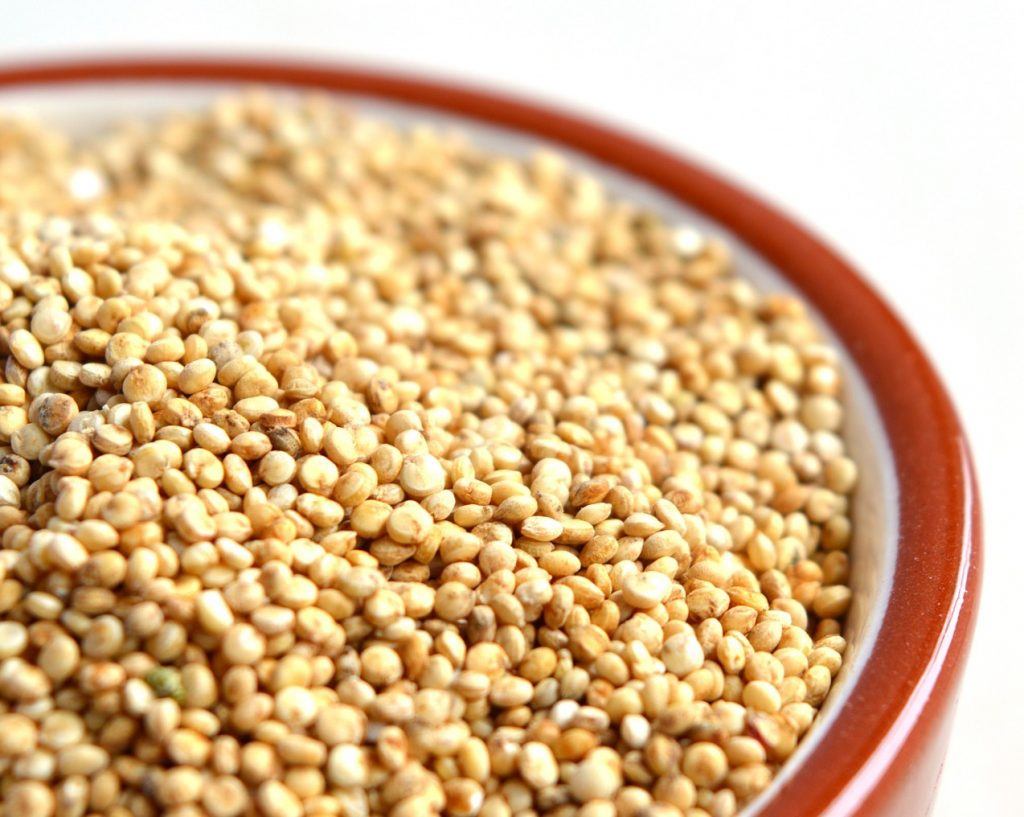By Cedric Habiyaremye —
Nutritious food is medicine. It is at the center of health. When that center is missing, it leaves a vortex of suffering and disease. Africa knows all too well that children and adults with immune systems weakened by malnutrition are especially at risk of deadly diseases, from COVID-19 to HIV.
Yet, today, in the midst of a global pandemic when good health is more important than ever, malnutrition and hunger are on the rise. Globally, an additional 6.7 million children under the age of five could suffer from wasting – and become dangerously undernourished – in 2020 due to the socio-economic impact of the COVID-19 pandemic. An estimated 80 percent of these children would be from sub-Saharan Africa and South Asia. In East Africa, it is estimated that 41.5 million people are likely to be food insecure in 2020, an increase from 24 million prior to the pandemic.
The pandemic creates an urgent need for African governments to rethink their agricultural policies. For too long, they have focused on so-called “food security” crops—like maize and rice—that are high in calories but low in nutritional value. Calories alone cannot sustain a healthy population—nutritious food for all is essential.

